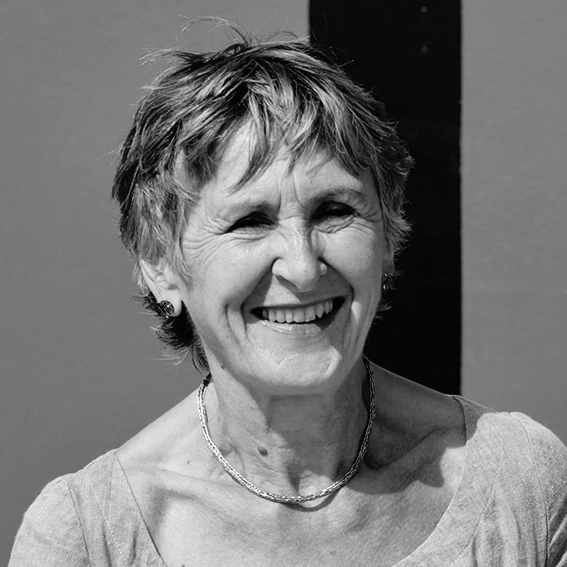Hello.

Hi, I am Harriet Gross
Emeritus Professor of Psychology
Harriet is Emeritus Professor of Psychology, having retired from Lincoln after 13 exciting years. As a Fellow in the C4CC, her role is to inspire, share and develop creative activities for students and staff across the university.
Harriet’s role
Harriet is well-versed in the institutional structure, with lots of experience of working in cross disciplinary teams. She is good at encouraging and facilitating opportunities for people to work together and deliver projects. As a Fellow, her role is to put people in touch with each other, whether that’s about communicating existing creative activity or highlighting areas of good practice. She can also engage key individuals within and outside the institution, whose work will complement and extend opportunities for the University schools and departments.
A bit of background
Although Harriet studied psychology at university and became an academic, her original ambition was to go into publishing. Her journey began with a Saturday job in a local bookshop. She got a job in a big-name publishing firm, but went back to manage the same bookshop to help the owner out in a crisis. Two happy years later, she realised she probably needed to get a degree. Despite her first love being English literature, she decided to pick a subject she knew nothing about – psychology.
She went to Reading University, then to Nottingham to do a PhD in developmental psychology, and an academic future beckoned. She started as a researcher at the (now) UCL Institute of Education, exploring the implementation of the Warnock Report on special needs provision. Then she looked at work-based assessment and training for the Manpower Services Commission. Following this (and a period of maternity leave), she took up a lectureship at Loughborough University where she stayed for 20 years! She was in a multidisciplinary department of psychology, ergonomics and human biology but psychology was also taught in the School of Social Sciences, so she was introduced to working across boundaries.
At Loughborough, she was drawn into management roles quite early on. This gave her an insight into how the institution worked and a taste for being part of something beyond her subject. Making a difference in an organisation and its development is a key motivator for her. The opportunities offered at Lincoln have been a great chance to make a contribution at a dynamic institution.
At Lincoln, she was Head of Psychology, and briefly of Architecture; Deputy Head and then Acting PVC/Head of the College of Social Science and also of Arts. Also, with the VC’s help, she invented a Director of Innovative Special Projects role, which in a way was a forerunner of the C4CC. It involved working with groups across campus to put together project ideas around place-making and creating a Maker Lab, and linked her into the Frequency Festival and to Lincoln’s place based social action project in the city. They put on an event for the 2015 Web We Want Festival at the London South Bank. These experiences have cemented her belief in the synergies between academic subjects rather than their differences.
Her research is about what people themselves find psychologically meaningful (and are happy to talk about), and she is now best known for her interest in the psychology of gardening, recently publishing a book (Psychology of Gardening, Routledge). In 2019 she was invited onto the BBC Gardeners’ World Magazine Expert Panel for Gardening for Health and she is regularly asked to contribute to articles and events celebrating the value of gardening.
She currently sits on the board of a dementia charity in London (Hope for Home), and the board of Threshold (arts for social change), and not surprisingly she is a keen gardener.
And finally…
Harriet was incredibly fortunate to lead the University team that won a Gold Medal at the 2013 RHS Chelsea Flower Show. The “Digital Capabilities” garden was a collaboration between architecture, computer science, psychology and garden design. The idea was to explore how social media data interweaves with real space, as well as make sense of this data using thought-provoking visualisations. The garden was a structure built to respond to messages:
“When people tweeted, panels were activated to give selected views of a ‘concealed’ garden. Interior planting represented the exotic or unknown immaterial world of the internet, moderated and revealed by the desire for knowledge and interaction. It was an exhilarating experience.”
Follow on social media
@Harriet_Gross
